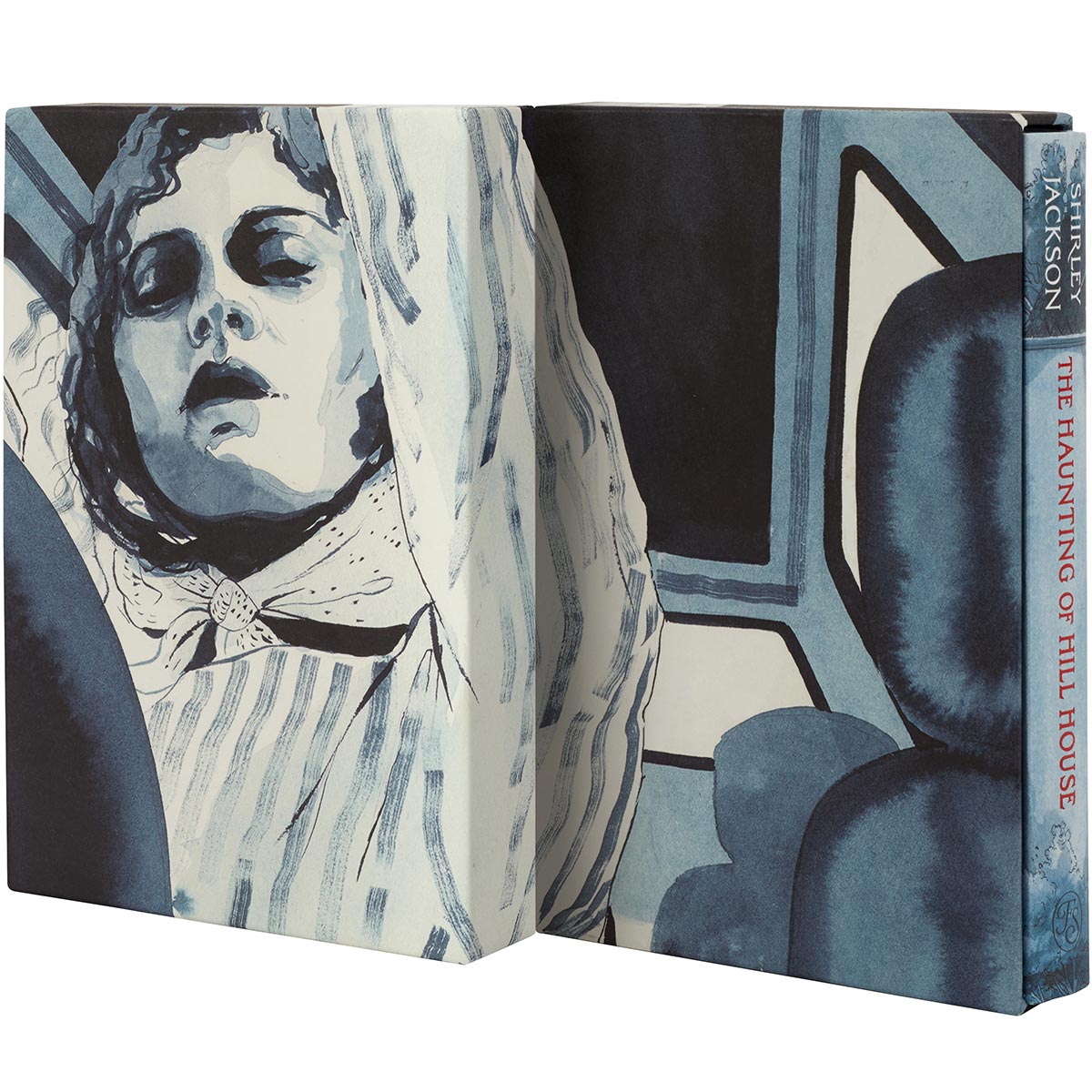

What should concern us is not the reality of spooks, but the circumstances that leave human souls so adrift, so unmoored from the shores of life. She had longed to find a refuge and a home at Hill House, which turns out to be a cruel delusion. Hill House is much less about a haunted house, than it is about a haunted woman - in the vein of James’s The Turn of the Screw, we are kept unsure as to whether the ghosts are “real.” But in another sense that is the wrong question, because what is real to the protagonist, Eleanor, is her very palpable suffering and alienation from everyone around her, people whose turning away from her in the end is as fatal as any malicious ghost could be. I should have trusted Jackson to provide something much more complex and rewarding than a mere parcel of cheap thrills. The Haunting of Hill House by Shirley Jackson, first published in 1959, is one that I avoided reading for years, because I’m not a great fan of horror or of haunted houses.


Binding design © 2022 by Angie Hoffmeister In some ways, fiction can be an invaluable aid in helping us to tell the truth. Both authors created incredible works of art out of painful mental aberrations, and with their psychological acuity and unflinching gaze at much that society in general did not want to acknowledge, brought us a step further towards where we are now.

Two extraordinary mid-twentieth-century fictions that delve into a woman’s psyche have just been released in beautiful new editions by The Folio Society, and it is fascinating to look at them today. Story always comes to our aid when attempting to give form to intractable realities. Freud’s discounting of women’s experience as delusional must have made it seem even more impossible to be truthful, in an open, unguarded way. And it was definitely not acceptable to criticize the patriarchy or call out examples of abuse perpetrated either by men or patriarchy-bound women. It was not very acceptable to explore liminal psychological states or reveal periods of mental instability. In the past, I think, women were more inclined to veil such accounts in fiction. Their stories are testaments to the strength and bravery of the human spirit, and also to the very real, very great challenges we face in maintaining our humanity, opposed as it is by the power of evil at work in our world. (Tara Westover’s Educated being the most recent example - and it turned out to be as impressive as all the reviews said it was.) I am in awe of how these women writers can describe their mental states, when so much of their lives were spent in conditions not supportive of self-knowledge or self-definition, to say the least. Lately I seem to have been reading a lot of amazing memoirs by women, frequently dealing with psychological manipulation and coming out of a state of subjugation or abuse. Shirley Jackson, The Haunting of Hill House (1959)


 0 kommentar(er)
0 kommentar(er)
